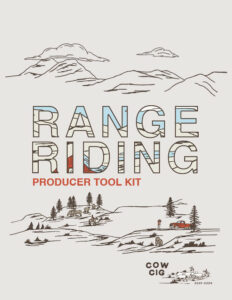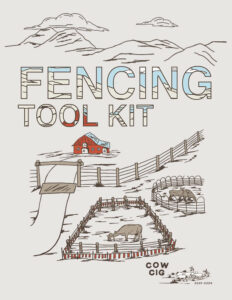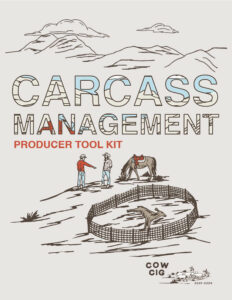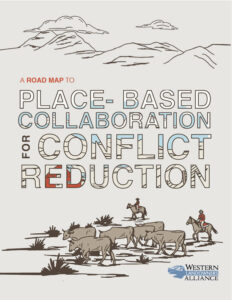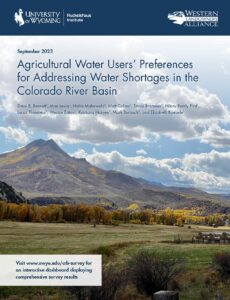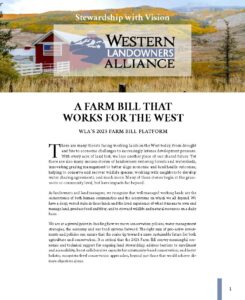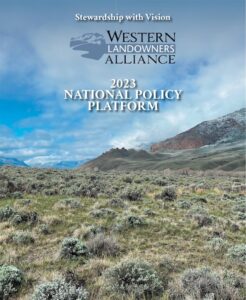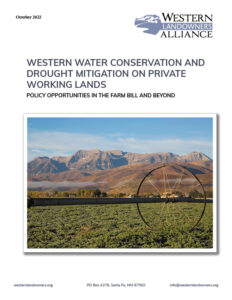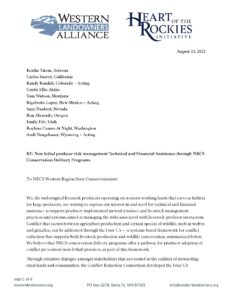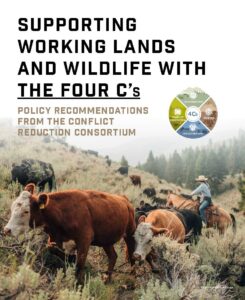PUBLICATION
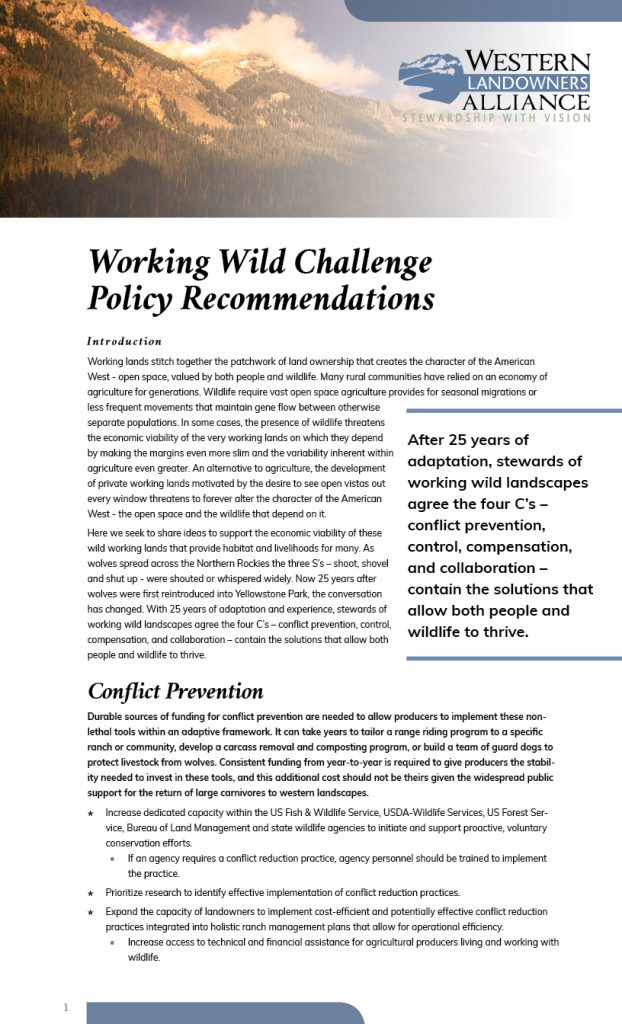
WLA hosts twice monthly practitioners calls where ranchers talk with ranchers. While these calls began in March 2020 as a discussion of effective implementation of conflict reduction practices, they turned towards depredation reporting and compensation in September as part of a collaborative research project between WLA and Colorado State University. The group continued policy related discussion in October and November resulting in these recommendations.
Staff contact
Publication Date
Working Wild Challenge Policy Recommendations
Working lands stitch together the patchwork of land ownership that creates the character of the American West – open space, valued by both people and wildlife. Many rural communities have relied on an economy of agriculture for generations. Wildlife require vast open space agriculture provides for seasonal migrations or less frequent movements that maintain gene flow between otherwise separate populations. In some cases, the presence of wildlife threatens the economic viability of the very working lands on which they depend by making the margins even more slim and the variability inherent within agriculture even greater. An alternative to agriculture, the development of private working lands motivated by the desire to see open vistas out every window threatens to forever alter the character of the American West – the open space and the wildlife that depend on it.
Here we seek to share ideas to support the economic viability of these wild working lands that provide habitat and livelihoods for many. As wolves spread across the Northern Rockies the three S’s – shoot, shovel and shut up – were shouted or whispered widely. Now 25 years after wolves were first reintroduced into Yellowstone Park, the conversation has changed. With 25 years of adaptation experience, stewards of working wild landscapes agree the four C’s – conflict prevention, control, compensation, and collaboration – contain the solutions that allow both people and wildlife to thrive.
The Western Landowners Alliance and the authors reserve all copyrights on publications posted on our website unless otherwise noted. Please contact us for reprints or for special use requests.
Browse our Library
Never miss a new publication or resource from Western Landowners Alliance.
It's important to be prepared for what's in front of you. Western Landowners Alliance produces vital resources from and for landowners on topics as critical and varied as public policy, economics, and stewardship best practices. Subscribe to our email list to ensure you are always in the loop.
GET UPDATES DELIVERED TO YOUR INBOX
* We don’t share your personal info with anyone. Check out our Privacy Policy for more information.
